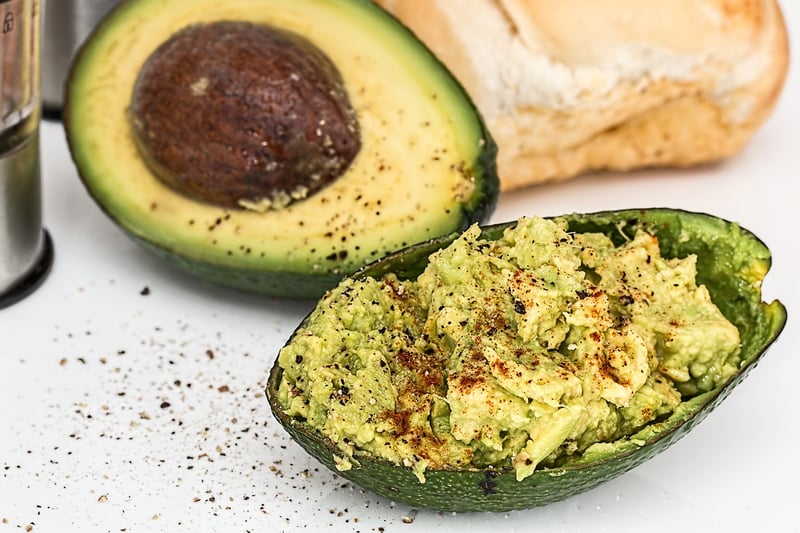Balanced Meal Plans
The Power of Food: Understanding Its Health Benefits and Creating Balanced Meal Plans
Food is not just a source of energy; it is also a powerful tool for maintaining good health and well-being. By understanding the health benefits of different foods and creating balanced meal plans, you can take control of your diet and improve your overall quality of life.
Health Benefits of Food
Each food group offers unique health benefits:
Fruits and Vegetables
Rich in vitamins, minerals, and antioxidants, fruits and vegetables help boost immunity, aid digestion, and reduce the risk of chronic diseases.

Whole Grains
Whole grains are high in fiber, which promotes digestive health, helps control blood sugar levels, and reduces the risk of heart disease.

Proteins
Proteins are essential for building and repairing tissues, supporting immune function, and maintaining muscle mass.

Healthy Fats
Healthy fats, such as those found in nuts, seeds, and avocados, are important for brain health, hormone production, and reducing inflammation.

Creating Balanced Meal Plans
A balanced meal plan should include a variety of foods from all food groups:
- Fill half your plate with fruits and vegetables.
- Include lean proteins like chicken, fish, beans, or tofu.
- Choose whole grains such as brown rice, quinoa, or whole wheat bread.
- Incorporate healthy fats like olive oil, nuts, or seeds.
- Avoid processed foods high in sugar, salt, and unhealthy fats.
By following a balanced meal plan, you can ensure that your body receives the necessary nutrients for optimal health and well-being.
Remember, food is not just fuel; it is medicine for the body. Make informed choices about what you eat, and watch as your health and vitality improve.
Here's to a healthier you!
